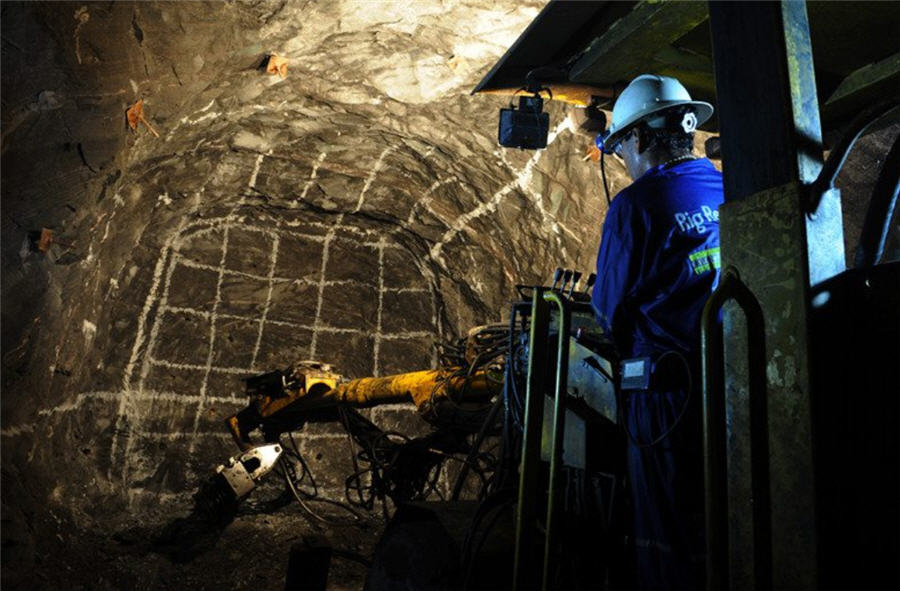Zambia stake-boosting mining plan won’t touch existing projects

Zambia’s plans to take bigger stakes in some mining projects won’t impact existing operations in the country, including exploration activities, according to a senior government official.
The mines ministry in August unveiled a new strategy that would see a state-owned company control at least 30% of future critical-minerals mines.
That initiative will apply only to permits – more than 40 of them – reserved for the government, which intends to bring in investment partners, said Jito Kayumba, President Hakainde Hichilema’s special assistant for finance and investment.
“No entity that currently operates in Zambia today, that currently has a license, will be subjected to any appropriation from the state,” Kayumba said by phone. “There will be no demand for them to restructure the shareholding so that either the government or a Zambian company comes in and takes 30%.”
Africa’s second-largest copper producer is pursuing an ambitious plan to more than quadruple output of the metal by early next decade. To have any chance of success, investors will need to spend billions of dollars to turn early-stage projects into operating mines.
Subsidiaries of First Quantum Minerals Ltd. and Barrick Gold Corp. accounted for about two-thirds of Zambia’s copper production last year. Those firms are already working on increasing production in the years ahead. Units of Abu Dhabi’s International Resources Holding, Vedanta Resources Ltd. and China Nonferrous Mining Corp. also operate mines in the country, while Bill Gates-backed KoBold Metals is undertaking a major exploration program.
The several dozen permits set aside for the government will be transferred to a state firm, which will then negotiate agreements with partners. The company will hold significant minority but non-operational stakes in the projects, according to Kayumba. It’s currently discussing a potential joint venture for some of the licenses with Barrick, the world’s No. 2 gold producer, he said.
For other new licenses to be issued, “we are encouraging – and this is not mandatory – more joint ventures with Zambians,” Kayumba said. “That’s not necessarily state participation but it could be local communities, it could be Zambian entrepreneurs.”
(By William Clowes)
More News
{{ commodity.name }}
{{ post.title }}
{{ post.date }}




2 Comments
Kosam Zulu
Very good idea looking for change and big investment through local partnership
Dr Kaka
Trump win and copper prices fall, well any second guess why?